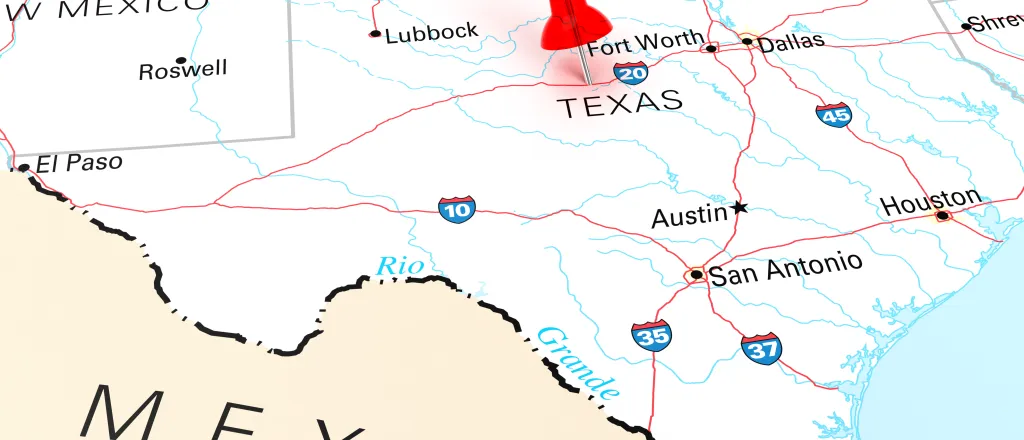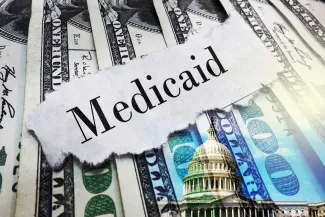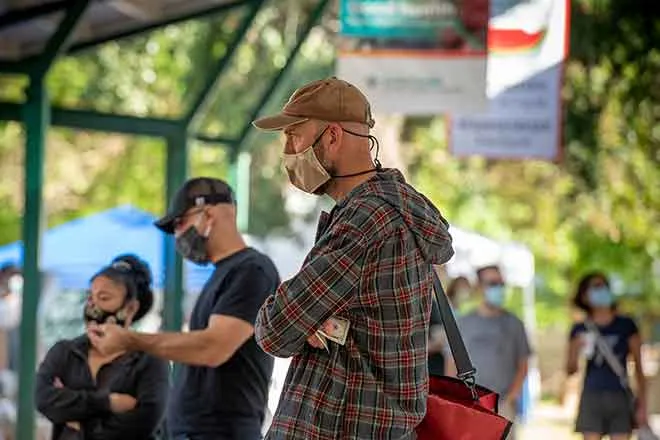
Texans who rely on safety net programs encouraged to prepare for cuts
Click play to listen to this article.
Nonprofit organizations across Texas serving disadvantaged and low-income groups are restructuring after the Trump administration's budget reconciliation bill was signed into law.
With sweeping cuts to Medicaid, it’s estimated the state will lose more than $1 billion in funding.
Brian Sasser, chief communications officer for the Episcopal Health Foundation, said it will be a couple of years before they know the full effect of the cuts.

© zimmytws - iStock-2206705589
"Some of the community health centers we work with get up to 70 percent of their funding from Medicaid and that not only includes patients but also translation services, enrollment services," Sasser explained. "Many of those clinics will either be forced to reduce services – some could close – so what happens then? Where do those families go?"
Texas is one of 10 states to have not expanded Medicaid. Those covered by the program include low-income children, new moms, pregnant people, disabled adults and seniors living in nursing homes.
There are 147 rural hospitals in Texas and 15 are already at risk of closing, according to the Texas Hospital Association. The reconciliation bill includes a $50 billion fund to help rural hospitals operate during the first two-and-a-half years.
Sasser recommended before the changes take effect, people enrolled in Medicaid or the Supplemental Nutrition Assistance Program should work with agencies to determine how they will be impacted.
"Keep ahead of the paperwork, because that might be the first barrier to kind of hit," Sasser advised. "The second thing is just start talking to clinics about what are the other options for me? Is there a sliding scale option? Are there Affordable Care Act health insurance options that may be available?"
More than 5 million Texans are enrolled in Medicaid, and more than 5 million Texans receive SNAP benefits.
Sasser added eventually, everyone will be affected by the federal changes.
"Just because you’re not on Medicaid, or just because you don’t have Affordable Care Act health insurance, or just because you don’t take SNAP benefits, the public health impact is going to be large, if all of these go through, and every Texan is going to feel this," Sasser emphasized. "When people are sicker and people can’t go to work, all those things together affects the whole state."















